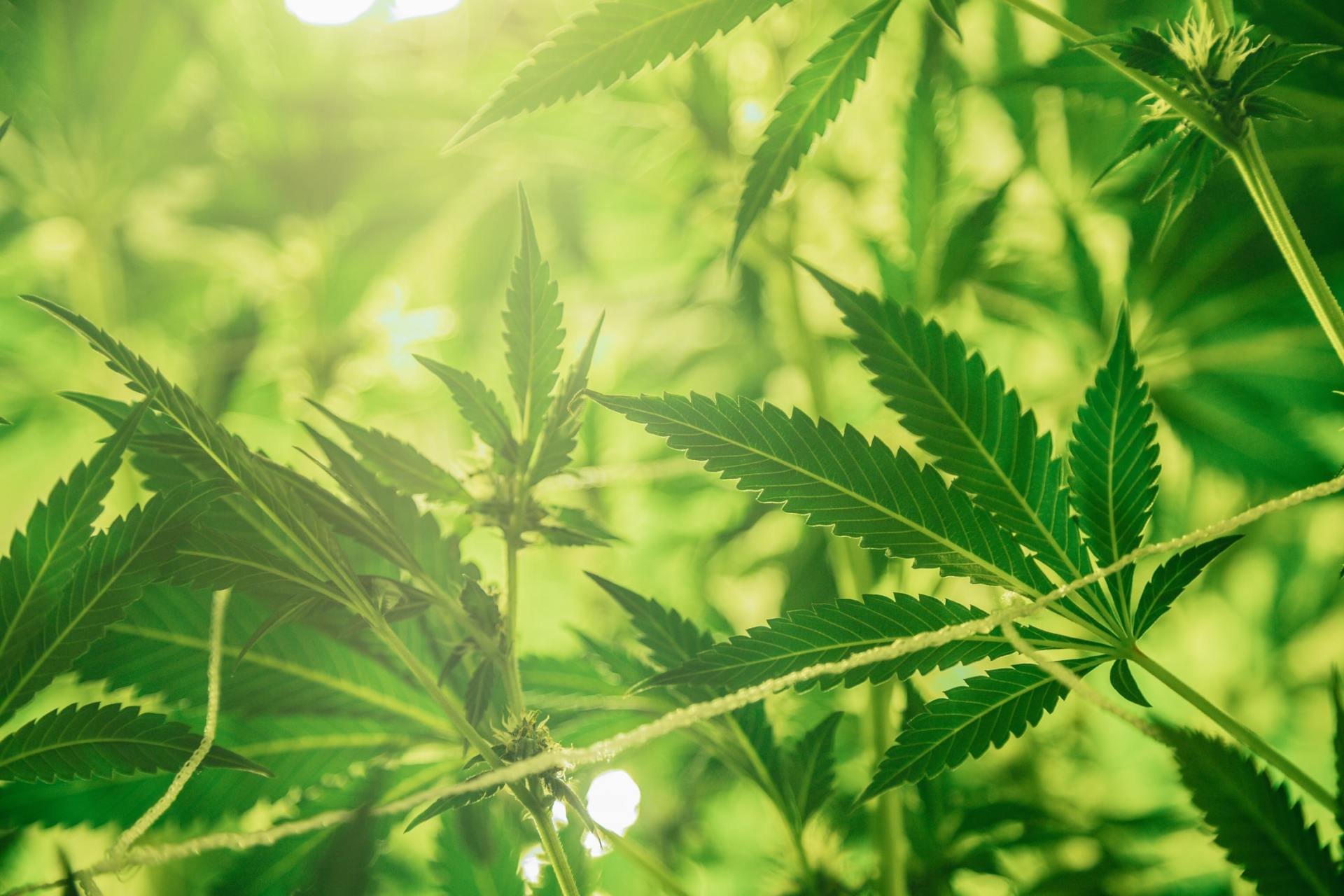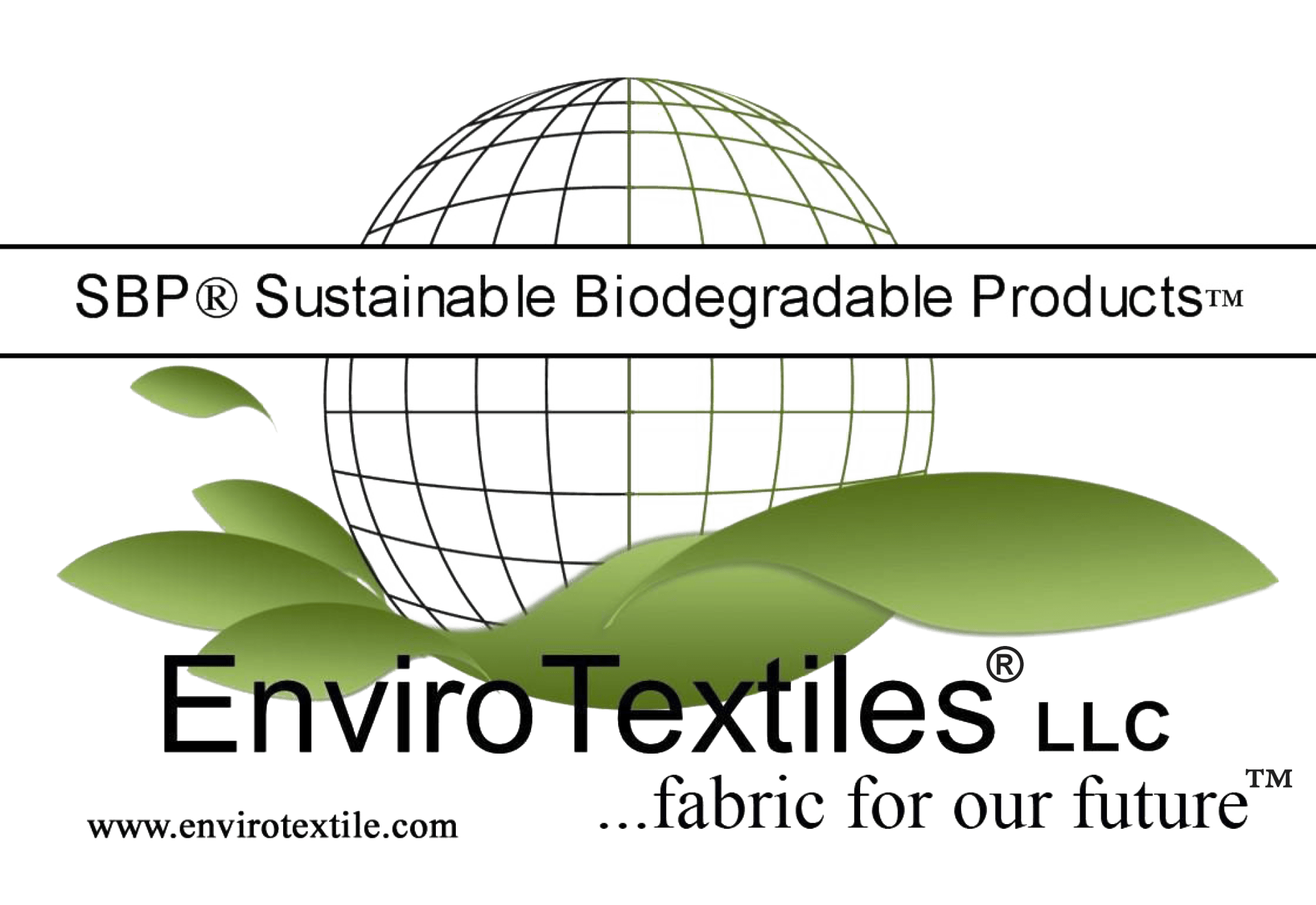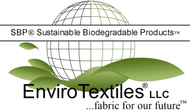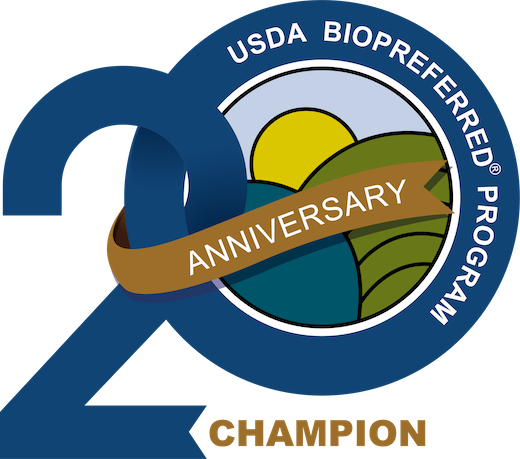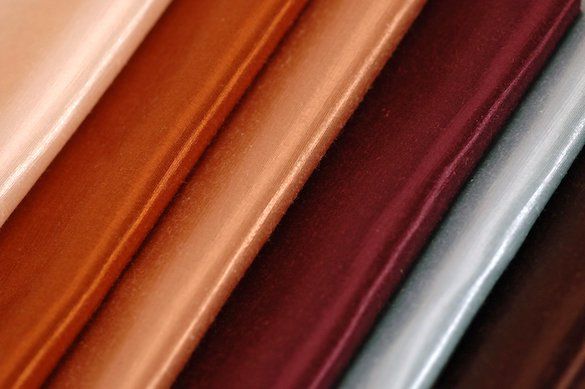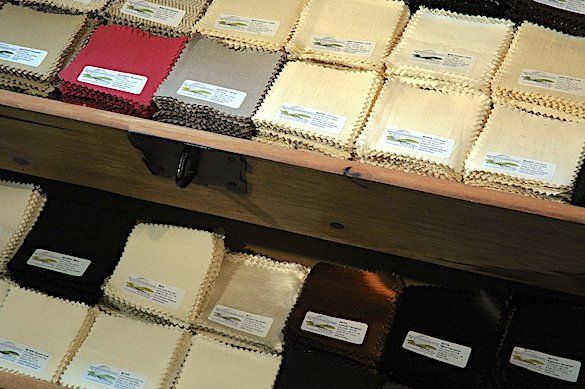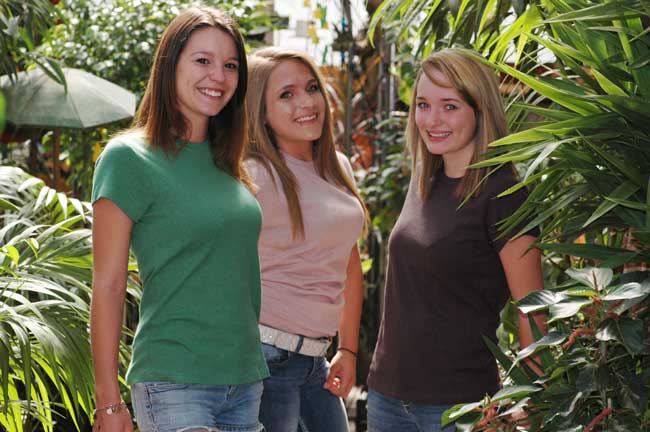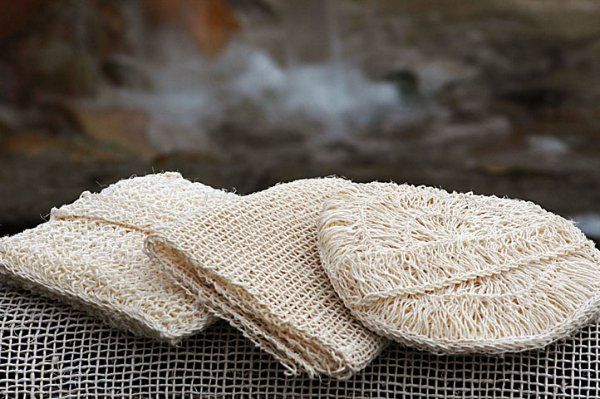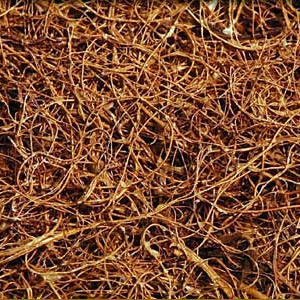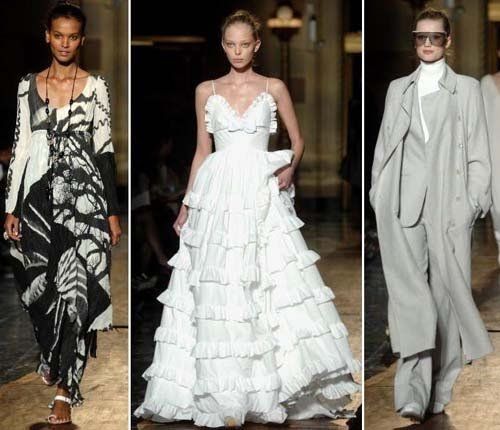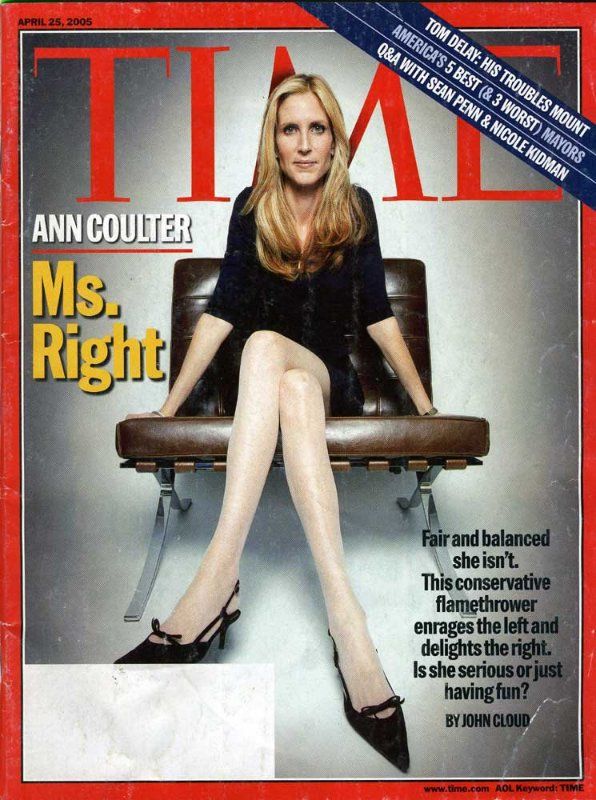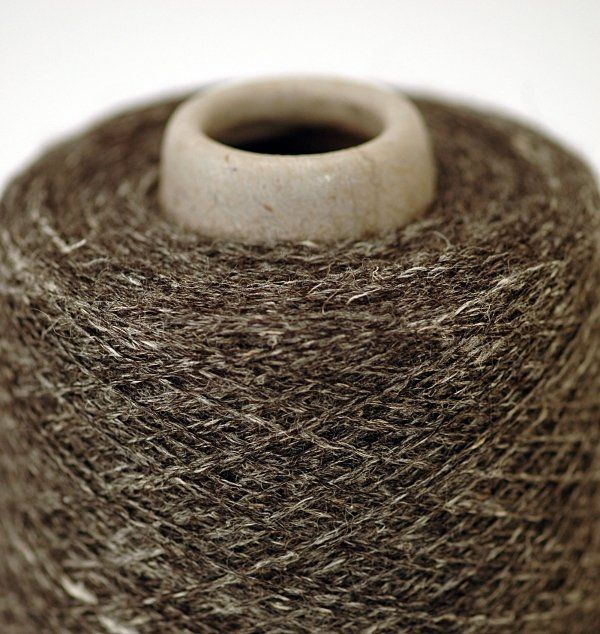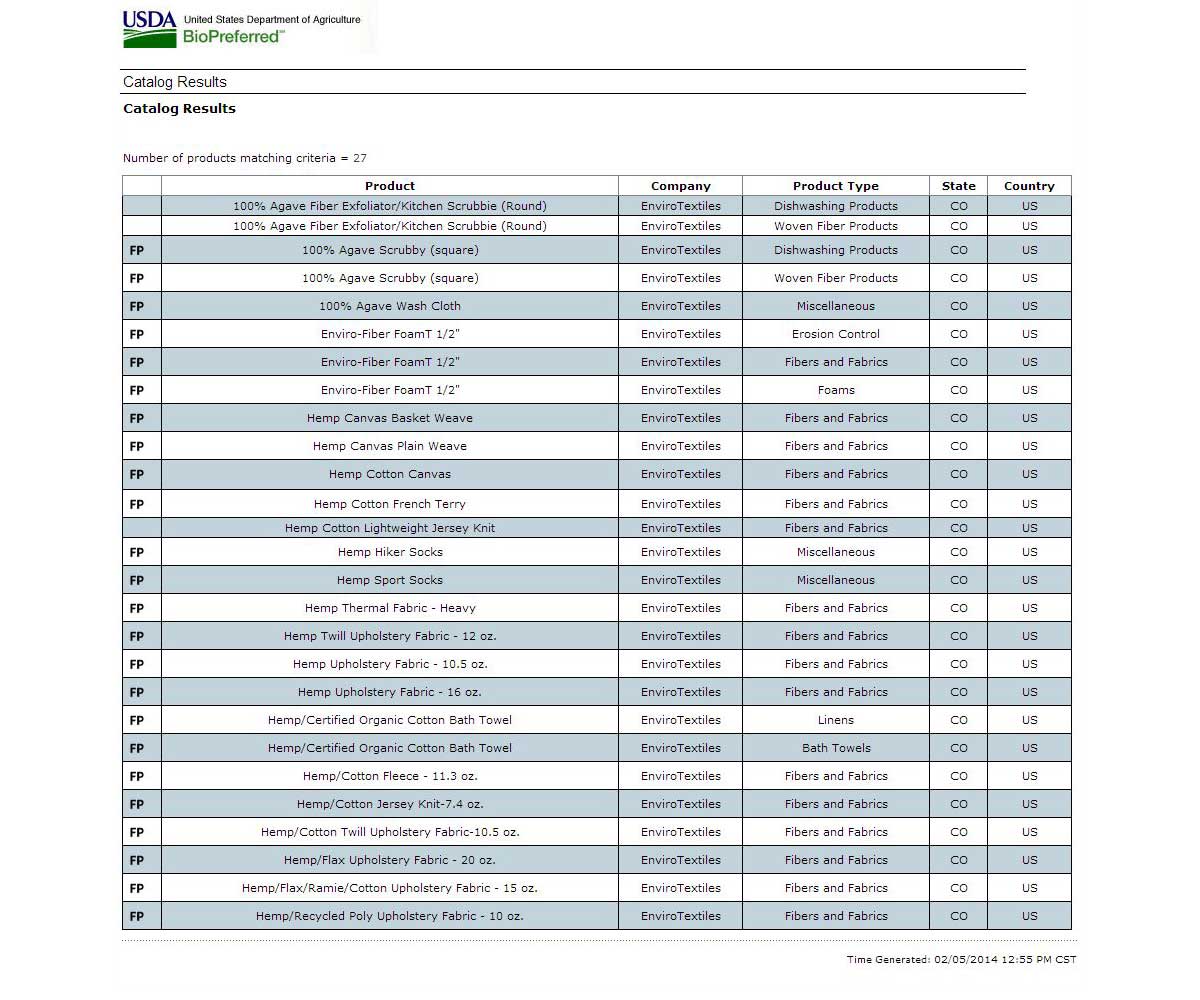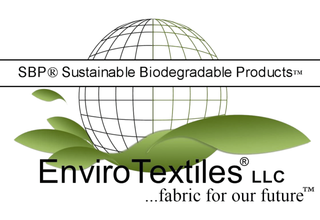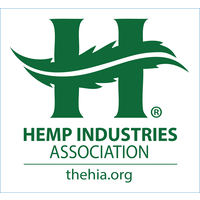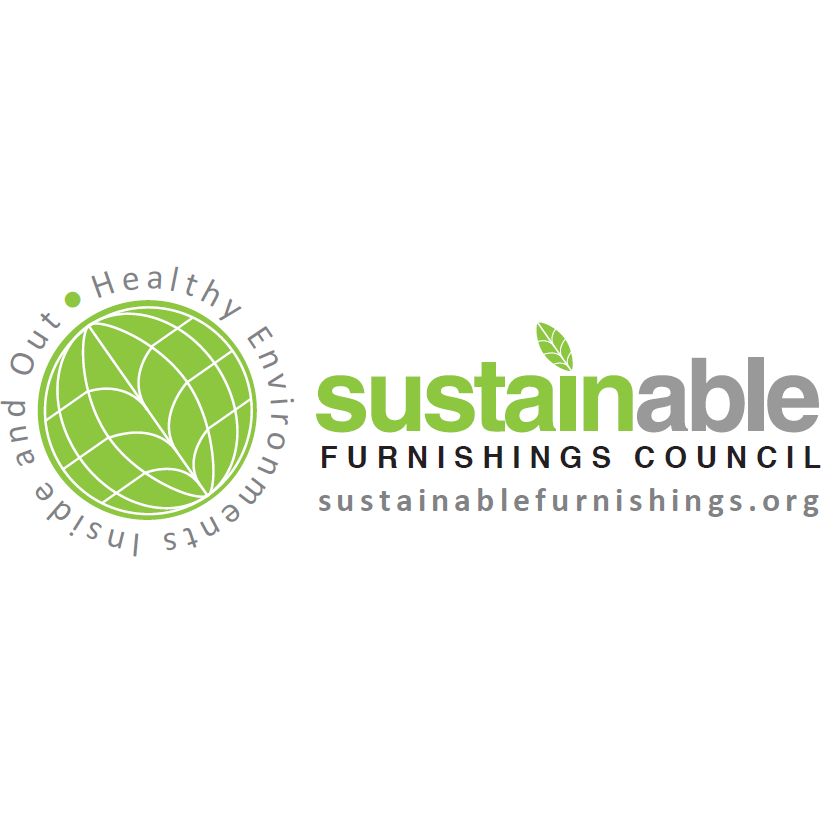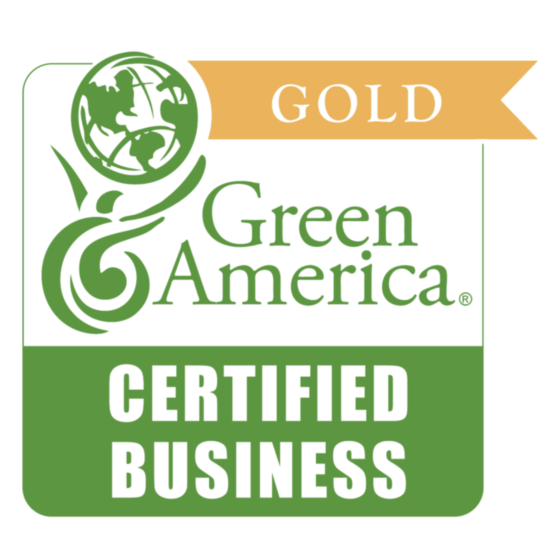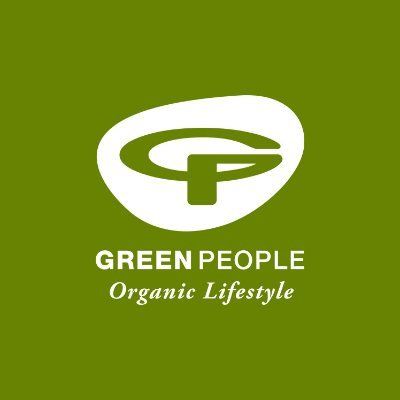The Hemp Fabric Leaders
Natural Fiber Sustainable Textiles with SBP® Certified Transparency
The Leading Provider of Sustainable Hemp Fabrics and Quality Natural Fiber Textiles
With 5 generations of expertise, EnviroTextiles LLC leads the industry in developing, designing, and distributing natural fiber fabrics, yarns, finished products, non-woven textiles, and more. EnviroTextiles being our 7th Hemp focused business in nearly 40 years. As a woman-owned business for nearly three decades, we are the pioneers in natural hemp fiber, utilizing non-chemical processes that reflect our commitment to quality and transparency.
We manufacture hundreds of hemp fabrics and natural fiber textiles, including finished product development and "full package"; providing high-quality, sustainable alternatives to toxic synthetics. Our global reach ensures access to the finest eco-friendly green fabric collections, replacing harmful materials like polyester, acrylic, rayon, and nylon with our superior natural fibers. Join us in promoting human health, sustainability, and quality through our innovative hemp products.
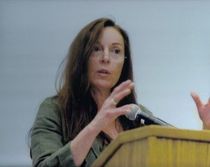
“We Are What We Wear...
Look at the labels on your clothing. If it’s mostly polyester, viscose, rayon, or some new fancy name, you’re basically wearing plastic on your skin. When you wash it, you put plastic particles into the water and the air.
From the beginning to the end, when we are done with it, it all matters!"
Barbara Filippone - Co-Founder
Sustainable Textiles, Hemp Fabrics & Organic Natural Fibers
EnviroTextiles is an industry leader in the effort to improve Corporate Social Responsibility and Transparency in manufacturing, processing, and labeling. We personally manage each of our production facilities worldwide while providing these communities with jobs, infrastructure, and community support.
EnviroTextiles, headquartered in Glenwood Springs, Colorado, USA, is a pioneer in Sustainable Textiles, specializing in hemp fabric and various organic natural fibers. Our one-of-a-kind sustainable textiles, natural fabrics, and natural fiber products are used to manufacture eco-friendly clothing, furniture, accessories, bath & home, personal products, construction finishing materials, fiberglass cloth replacements, and so much more. Our products are made from organic sources, including hemp, agave cactus, coconut fiber, silks, flax linens, jute, and others. We provide wholesale hemp fabric, yarns, and finished products to over 70 countries worldwide.
Additionally, each product must pass a Sustainable Biodegradable Products™ Full Transparency. The SBP® Certification label informs the consumer with a step-by-step process as each product is produced. From the growing practices in the field to the raw materials and processing used, finishing/dyes, and the labor conditions involved. We are proud to offer complete transparency for the life cycle of our products. All "Certifications" are listed within our transparency in the area they cover. Each collection has a (PIT®) Product Information Transparency walkthrough from start to finish. We commend all brands offering true transparency, going over and beyond a single certification that only covers one piece of the supply chain puzzle.
Designers such as Ralph Lauren and Versace utilize our fabrics as well as industrial applications found in Volkswagen VW Motor Company, Furnishings, and Non-Flammable Insulation. The list of endless possibilities and designs with hemp and natural fibers goes on and on.
Our Hemp Fabric Collection includes Canvas, Twill, Muslin, Plain Weaves, Silks, Jersey Knits, Stretch Knits, Hemp Fleece, French terry, Specialty Weaves, Apparel Fabrics, and Heavy-Duty Upholstery-Weight Fabrics.
In The Media
From Our Blog
